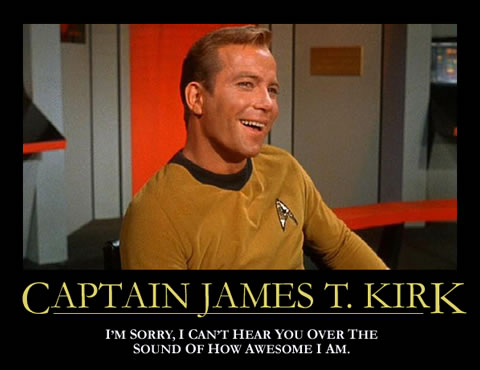Bad Books I Love
As with almost everyone, I suspect, I have a lot of affection for things I experienced as a kid – things I probably wouldn’t have much patience for nowadays. This is either a terrible loss of innocence or an exciting maturation, who knows? It might also be the fact that, believe it or not, I drank more when I was a teenager than I do now.
Let’s have a moment to wonder at the fact that I am still alive.
A lot of my reading as a kid was fantasy and sci-fi paperbacks; There was a period in the 1980s when I bought just about every Del Rey paperback with a DK Sweet cover available, usually without much investigation into the story or quality beforehand. Ah, to be 13 again and reading the latest Lyndon fucking Hardy opus. Let’s also hope that 20 years from now folks aren’t expressing similar sentiments about Jeff Fucking Somers, shall we? It’s amazing how many books I have on my shelves that were trilogies or longer, sold by the truckload in 1985 and now almost completely forgotten.
Let’s contemplate the horror of Xanth books. I read, oh, the first dozen or so when I was a youngster. The first five remain, I think, really well-crafted fantasy stories that stand up pretty well – it has a great central conceit, and the stories are told seriously, with the humor an organic part of the tale. As time progressed, though, Xanth turned into a cottage industry for the author, Piers Anthony, and every year a new Xanth book comes out, each more fey and pun-riddled than the last. These days the books seem to exist mainly so he can solicit puns from his readers and turn them into characters and plot points.
And who am I to argue with success? Anthony often includes a lengthy Author’s Note at the end of his books; when I was a kid just starting to write I loved these notes because he went on at length about his process and the business of writing. He made it very clear in those notes that writing is his job, that it was how he provided for his family, and you got the distinct impression that he would write Xanth books until his fingers fell off as long as they sold well. This concept of writing as a profession – instead of as the hobby of the elite – has eroded over the years because making a living from writing has gotten harder and harder (The always interesting Nick Mamatas has a few posts about the realities of writing economics over at his LiveJournal that make this very, grimly clear). But it is a profession; we’re writing for money, after all. So who can blame Anthony if he wants to churn out Xanth novels by the truckload. Just because I’ve stopped reading them doesn’t mean anything – he clearly still sells well enough to get book deals every year.
Back in The Day, of course, genre writing was still in the basement. When I went to school clutching Lord Foul’s Bane (winner of Worst Title for Great Book prize, 1977) in my hands, I was instantly marked as a nerd and ruthlessly mocked. Today, of course, what with Harry Potter and Twilight and Lost on TV and Iron Man and . . . well, you get the picture. These days SF/F has become the new Western. It’s a staple. Talk about a Singularity: We’ve hit the point where not liking SF/F is weirder than liking it. What a time to be alive, as Frostillicus might say.

